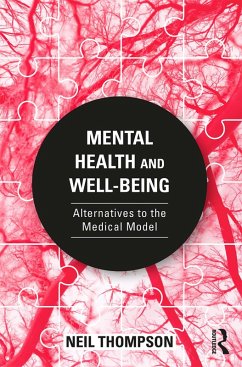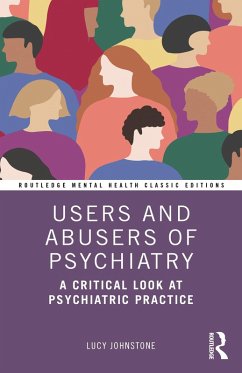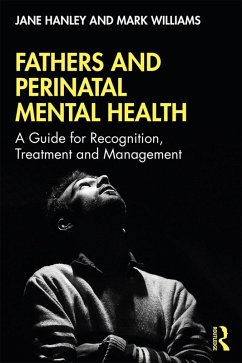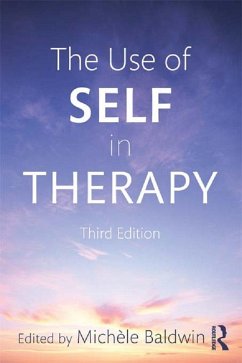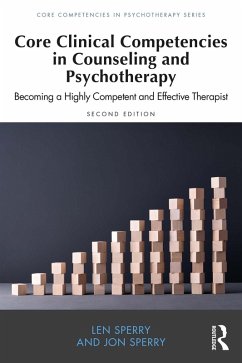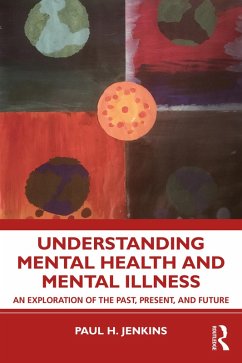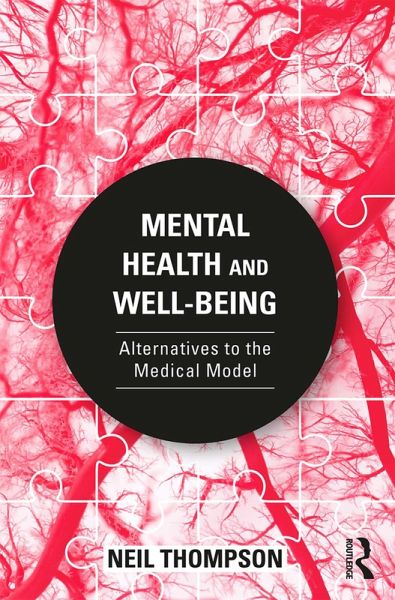
Mental Health and Well-Being (eBook, PDF)
Alternatives to the Medical Model
Versandkostenfrei!
Sofort per Download lieferbar
36,95 €
inkl. MwSt.
Weitere Ausgaben:

PAYBACK Punkte
18 °P sammeln!
Mental Health and Well-Being provides a sound foundation for understanding alternatives to the medical model of mental health. Students and professionals alike will find an easy to understand overview of critiques of the dominant medical model of mental health and well-being, both longstanding and more recent, and will come away from the book with a more theoretically sound, holistic conception of mental health and well-being. Written by an experienced mental health expert and replete with practical anecdotes, exercises, and examples to help readers apply the book's material, this book offers ...
Mental Health and Well-Being provides a sound foundation for understanding alternatives to the medical model of mental health. Students and professionals alike will find an easy to understand overview of critiques of the dominant medical model of mental health and well-being, both longstanding and more recent, and will come away from the book with a more theoretically sound, holistic conception of mental health and well-being. Written by an experienced mental health expert and replete with practical anecdotes, exercises, and examples to help readers apply the book's material, this book offers an essential foundation for developing more humane mental health practices.
Dieser Download kann aus rechtlichen Gründen nur mit Rechnungsadresse in A, B, BG, CY, CZ, D, DK, EW, E, FIN, F, GR, HR, H, IRL, I, LT, L, LR, M, NL, PL, P, R, S, SLO, SK ausgeliefert werden.




